In one Nigerian community, illiterate fathers have learned from their sons that Facebook is a good way to let buyers know their daughters are for sale.
By Philip Obaji Jr.
OBANLIKU, Nigeria—Monica, 16, is one of two sisters sold as wives to men who found their photographs on their father’s Facebook page and contacted him. She and her 14-year-old younger sister never wanted to get married until they completed their secondary education in Ogbakoko, a small village in Obanliku Local Government Area in Nigeria’s south-central Cross River state. But the teenage sisters fell victims to a culture which subjects little girls, some as young as 10, to de facto slavery through a tradition called “money marriage.”
The sisters belong to the Becheve community, a large tribe of 17 villages in Obanliku where there is a long tradition in which young girls—often referred to as “money women” or “money wives”—are sold in exchange for food or livestock or cash, or to settle debts.
Like hundreds, or perhaps thousands, of girls from the Becheve clan who are victims of money marriages, Monica and her sister were sold without their consent. Their father wanted to clear the debt he owed to a distant relative. The two sisters got married a month apart to men whom they did not know at all and who were old enough to be their grandfathers.
Their respective husbands got in touch with their father after seeing the Facebook page where he posted photos of his six daughters to draw the attention of his tribesmen. The men of the clan have found the new technology helps to extend and expand their old, exploitative traditions.
“My father knew nothing about Facebook until my elder brother bought him a smartphone and convinced him to join Facebook and post our photographs whenever he likes,” Monica told The Daily Beast. “He’ll buy new clothes and force me and my sisters to put them on before taking photographs of us.”
Usually in the Becheve community, parents of the money brides take the girls to men who can afford to pay for their daughters whenever they think they are fit for marriage, or wait for interested men to request their daughter’s hand in marriage. But in recent months, families who are so desperate to give their children away for money turn to Facebook so their kinsmen can check them out.
“It is young people who convince old men to look for wives on Facebook,” said Monica, who ran away from her husband to live with a friend less than a year after she got married. “The man I married said his oldest son showed him my photo on Facebook and directed him to my father.”
In effect, they use Facebook, quite literally, as a face book, although the actual exchange of money or goods does not take place online.
Spokespeople for Facebook, when contacted by The Daily Beast, were not familiar with the phenomenon as practiced in the Becheve community.
In other cultures where brides have been auctioned online, measures have been taken to stop the transactions.
Reports of Facebook being used as a tool to facilitate child marriage aren’t unique to Nigeria. Last November, the social media platform came under fireafter posts discussing the sale of a 16-year-old girl in South Sudan. The victim was married in the process after her father, in exchange for his daughter, received 530 cows, three Land Cruiser V8 cars and $10,000. The teenager reportedly was bid on by five men, including senior officials in the South Sudanese government.
Facebook said it took down the post as soon it learned of of it on Nov. 9, but that wasn’t until after the victim, Nyalong Ngong Deng Jalang, had been married off as the 10th wife of Kok Alat, a wealthy businessman from the country’s capital city of Juba, on Nov. 3. The post seeking bids for the teenager reportedly was published on Oct. 25.
After publication of the winning bid, Jalang achieved a certain notoriety in local media as “the most expensive woman in South Sudan.”
But the money wives of Becheve rarely receive any publicity, and often endure very difficult times as, in effect, chattel servants. They are usually not allowed to go to school and could be given out to another man if their husbands so desire. If the husband of a money wife dies, his next-of-kin becomes her new husband. The Becheve custom demands that if a money wife dies without bearing any child, her parents can bring another girl in the family to replace her. Regardless of the treatment she gets in her husband’s house, a money wife is not to run back to her parents.
“The practice is meant to boost the status of the men in Becheve community,” Magnus Ejikang, a local chief in Ogbakoko, told The Daily Beast. “The more brides you have, the more respect you gain in the community.”
But for many money wives in the Becheve community, the experience in their husband’s home is often disastrous, with reports of marital abuse and exploitation.
“Once he married me, he turned me into his slave and punching bag,” said Monica, who—just like her sister—was given away to her husband for 20,000 Nigerian naira (about $50), along with two goats, a pig and some yams. “He said he paid so much to marry me and so I had to labor hard by working for hours everyday in the farm to prove that I’m a grateful wife.”
Monica and her sister, who is still married to her 65-year-old husband, aren’t the only girls to have ended up in forced marriage after their photos appeared on Facebook. Regina, another teenager from the Becheve tribe, was sold in January by her parents to a man already married with two wives and 11 children. Her husband found her photo on the Facebook page of her uncle, who is notorious for putting photographs of his female relatives on the social media site to draw the attention of men from Becheve seeking child brides. She was then forced into marriage after her uncle pressured her parents, to the dismay of her older brother.
“Our greedy uncle, in his usual way of manipulating his brothers into selling their daughters, convinced my parents [to give out their daughter in marriage] because he wanted a share of the bride price money,” John Ashua, brother of 15-year-old Regina, told The Daily Beast. “He earns a living by looking for husbands for the girls in the family even when they are not ready to get married.”
Married life has been difficult for Regina herself. Besides having to drop out of school and carrying out most of the chores at home, she has to look after her husband’s livestock, which includes dozens of goats and pigs, and she is punished if she doesn’t work as demanded.
“He beat me last night because I said I was tired and couldn’t have sex with him,” Regina, who is now pregnant, complained to her brother on the telephone. “Whenever he returns home at night, he demands sex.”
Facebook is hugely popular in Nigeria with about a fifth of the country’s 98 million internet users connected to the site. But in rural areas like the Becheve community, where literacy levels are not so high among the elderly, the social media platform is mostly common among young people, who are the greatest owners of smart phones. Activists say youths in the clan are actually the brain behind men searching for money wives on Facebook.
“The majority of Becheve men knew nothing about Facebook until their sons and other young relatives began to show them photos of young Becheve girls on the platform,” Queen Eteng, a researcher with the Nigerian women’s rights NGO, Our Women Network, told The Daily Beast. “Most fathers don’t run the Facebook pages opened in their names. Rather it is younger family members who create the pages and post the photos.”
In the Becheve community, the practice of child marriage is deeply rooted in its customs and tradition. While rights campaigners admit it will be challenging changing the age-old tradition, they do nevertheless believe that the scale of the practice could easily be reduced.
“Young people have a huge role to play in putting a stop to this brutal tradition,” said Eteng, whose organization works to end child marriage in Cross River state. “We are reaching out to young men in Becheve community to put a stop to the use of Facebook to display photos of girls for the purpose of having them married.”
Philip Obaji Jr. is a Nigerian journalist, children’s rights activist, and initiator of the Up Against Trafficking Campaign in Maiduguri. His work on human trafficking out of IDP camps in northeast Nigeria has appeared on numerous publications including The Daily Beast, Equal Times, Refugees Deeply, Women’s Advancement Deeply, The New Humanitarian, and Ventures Africa.











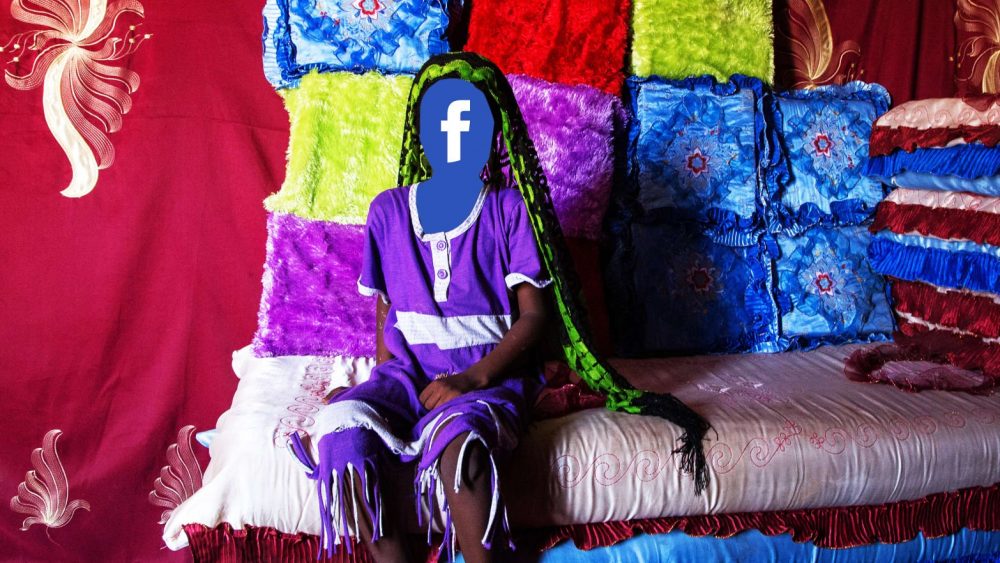









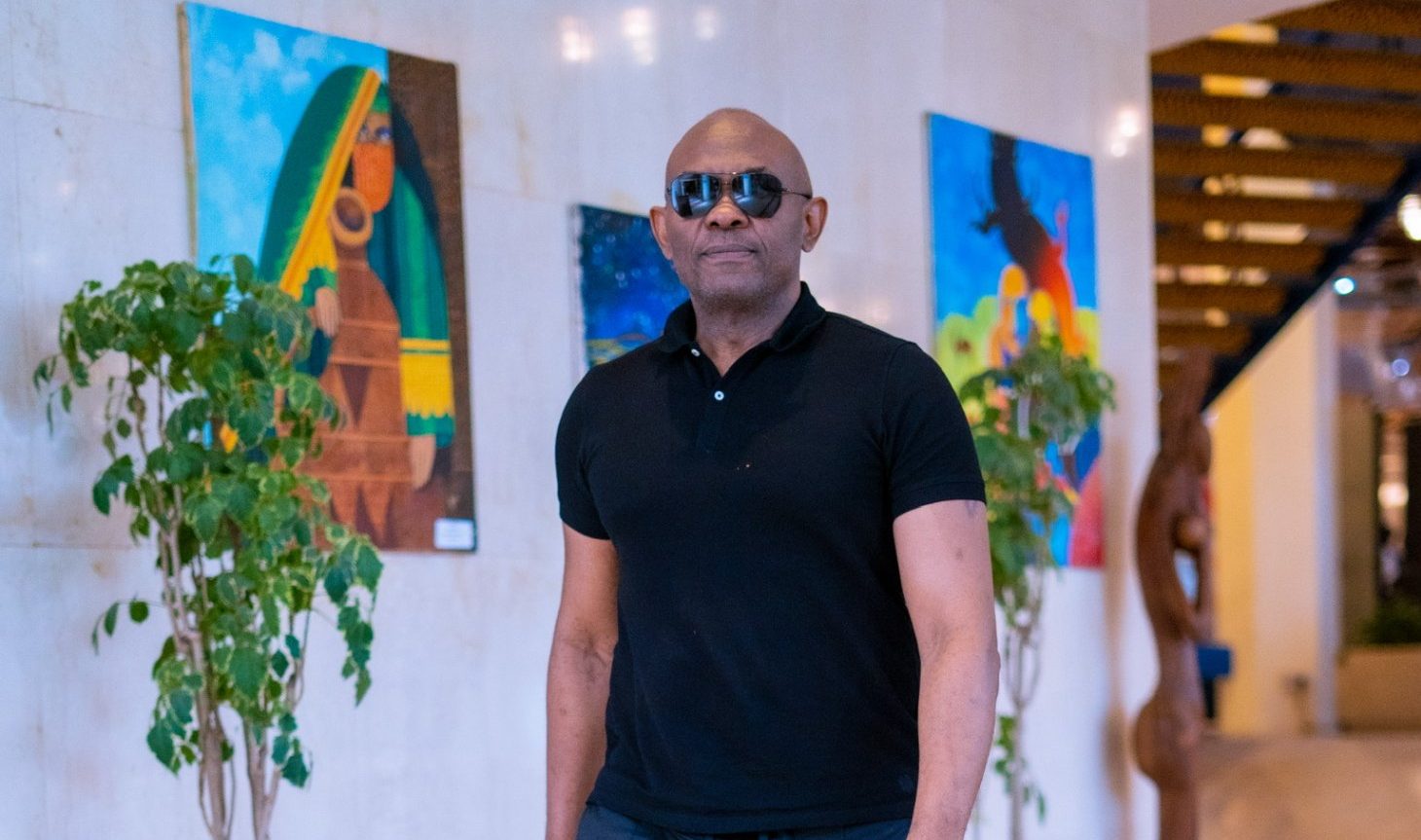

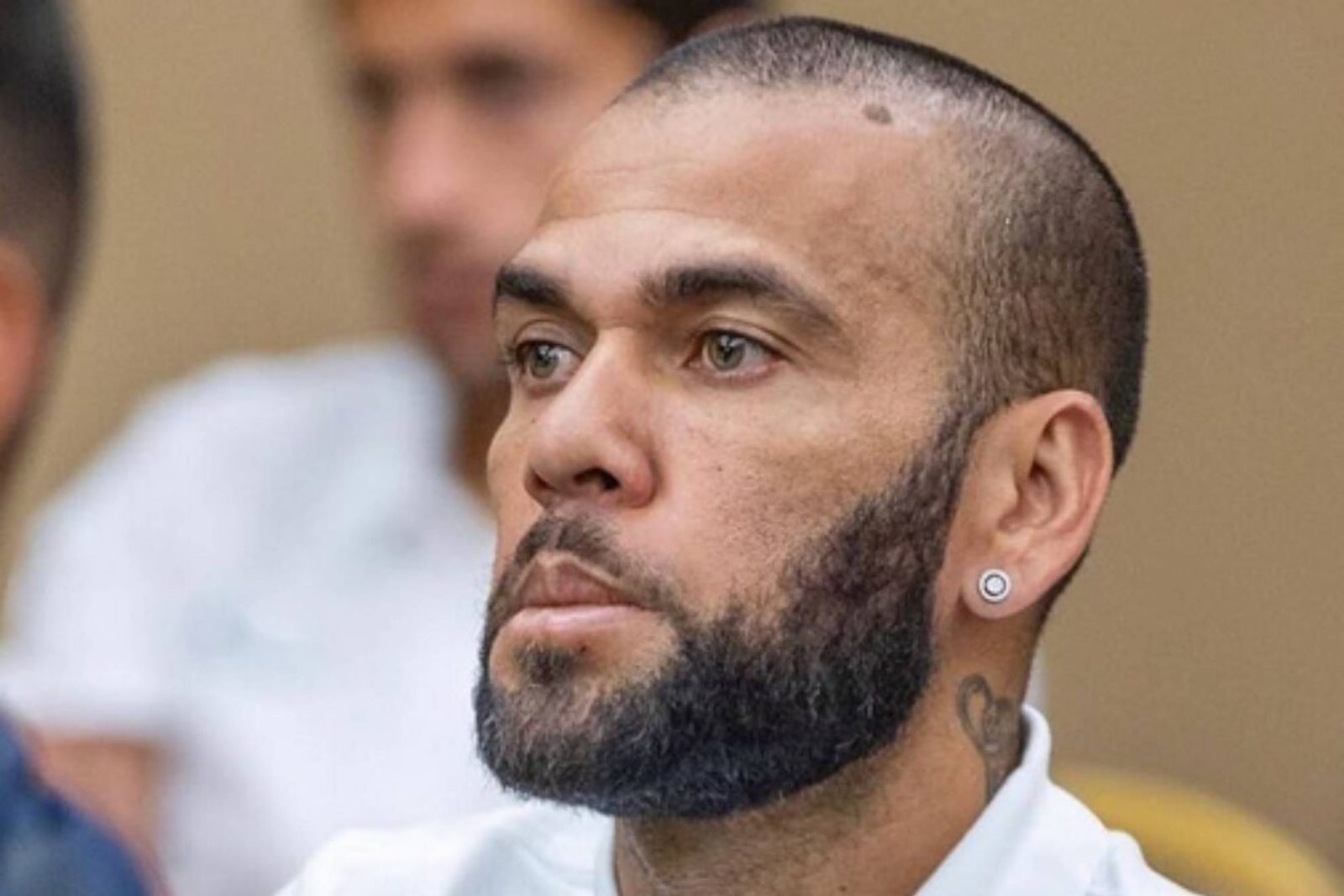


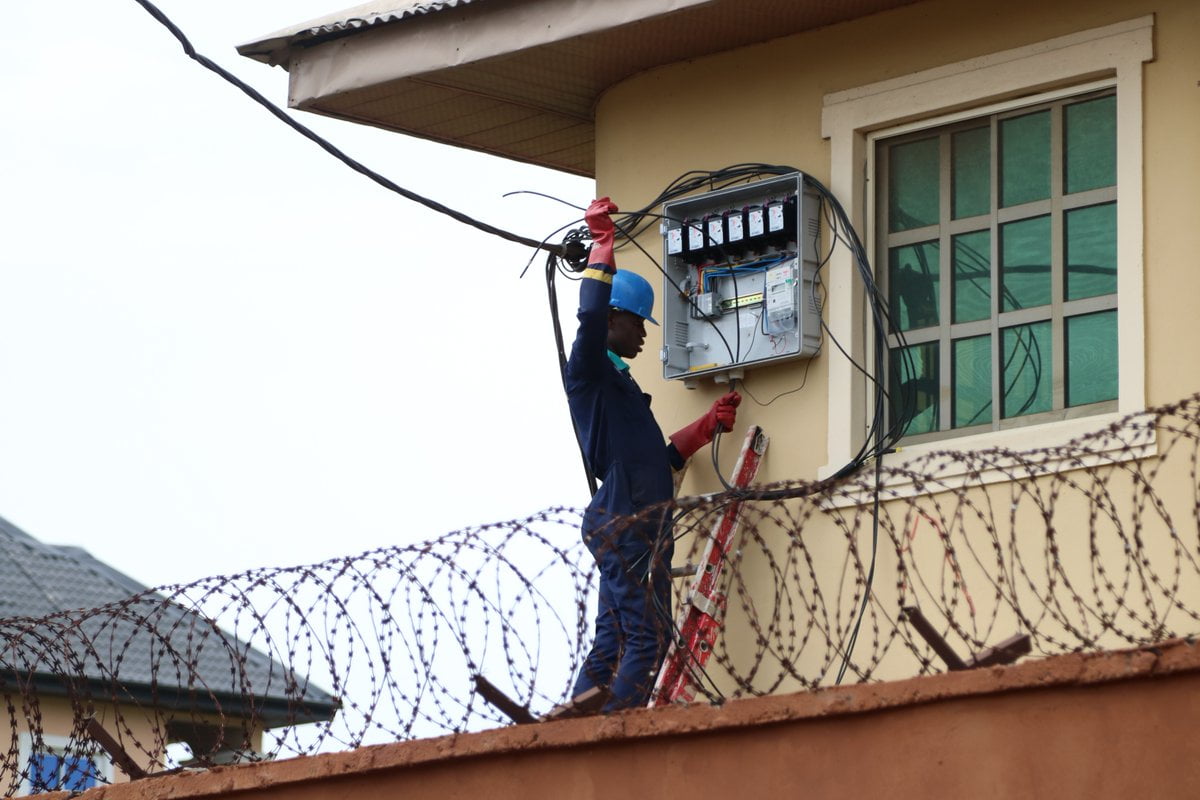



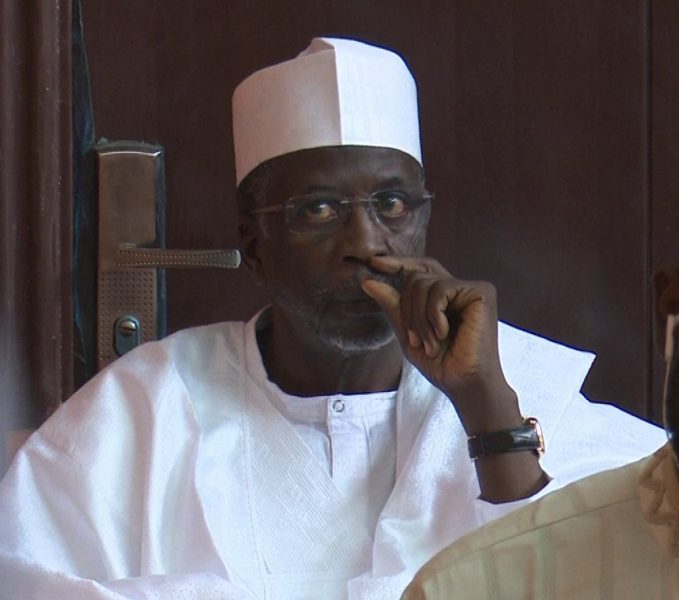







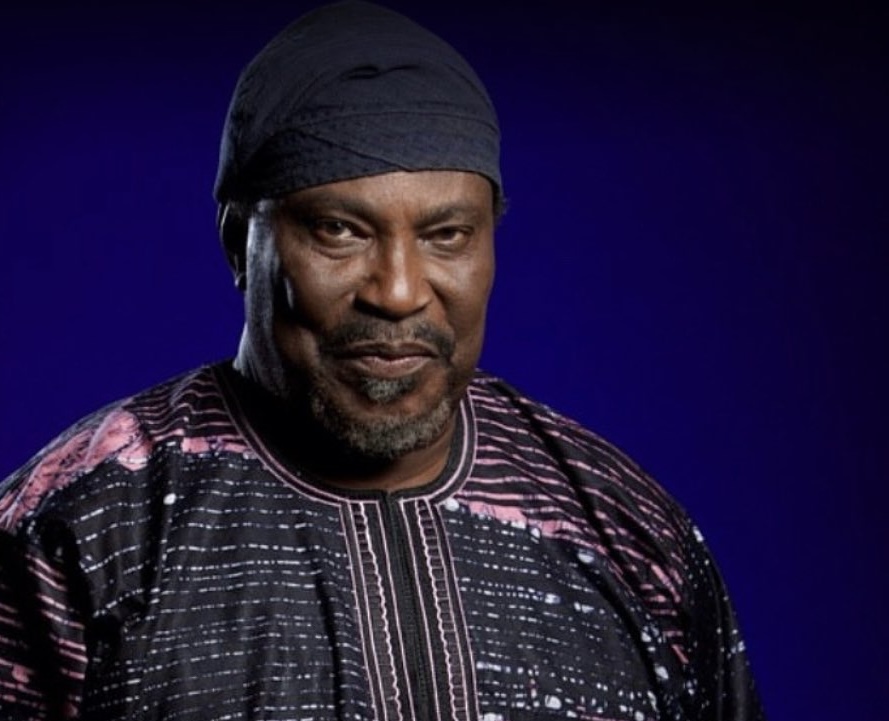
Leave a comment